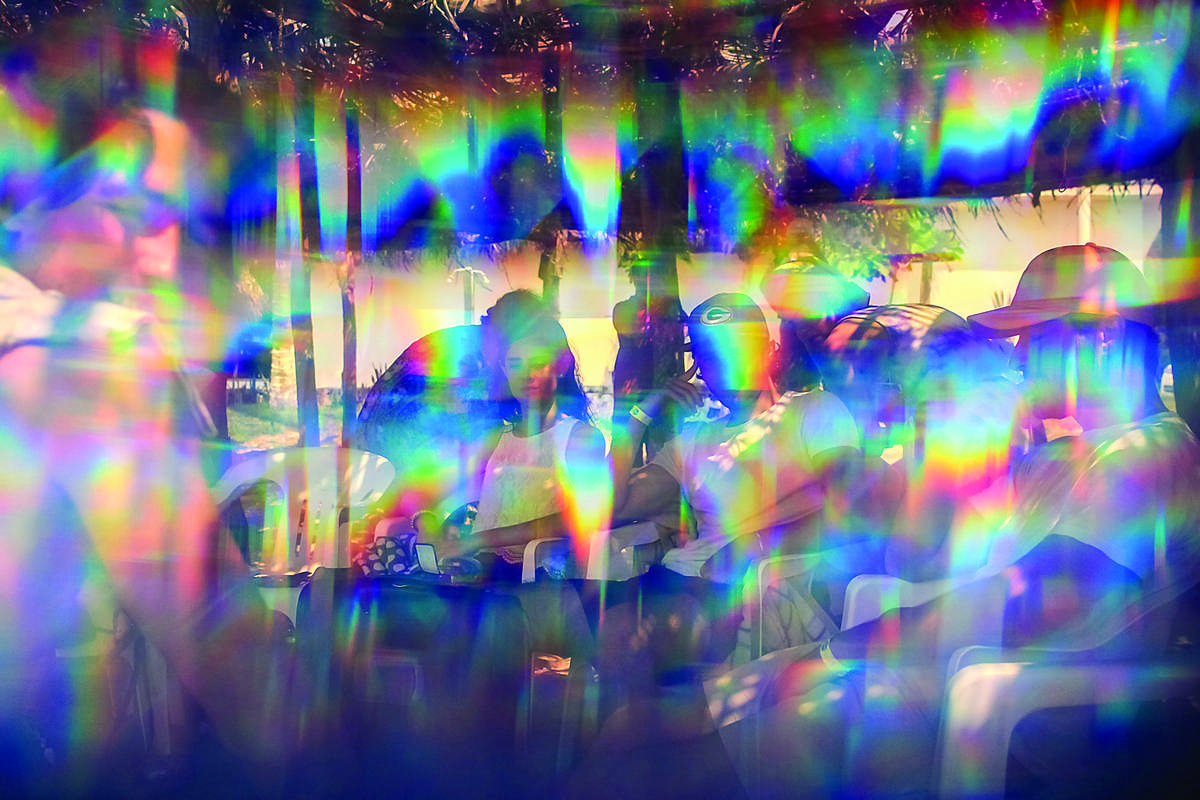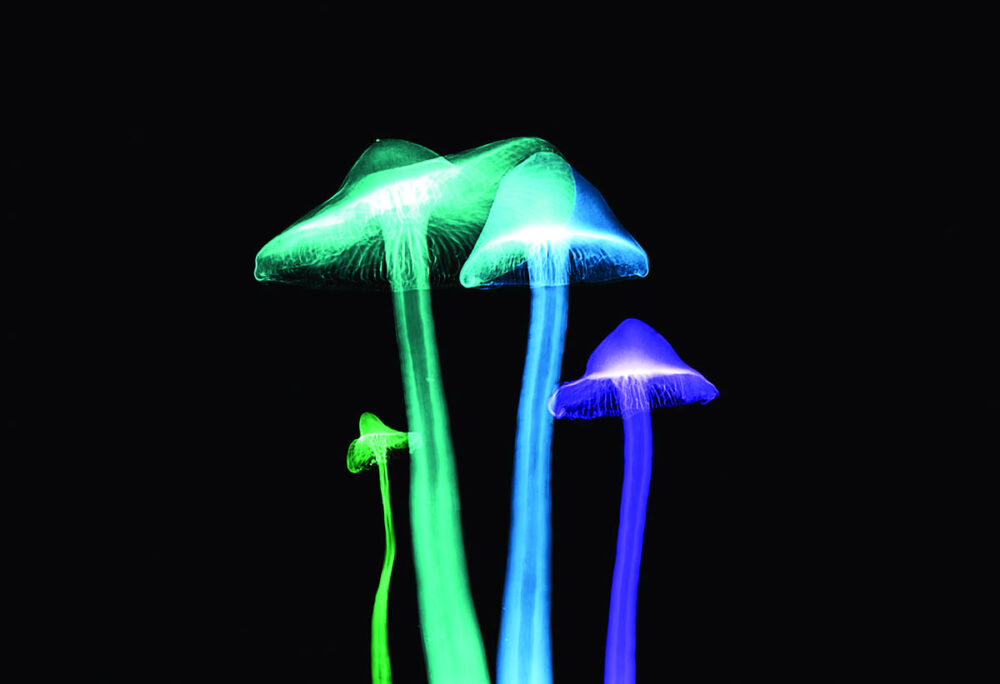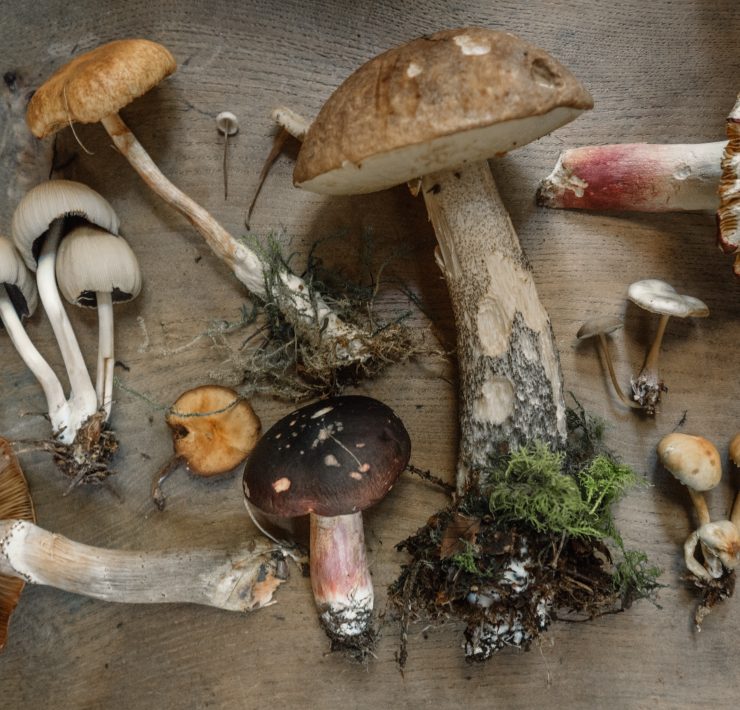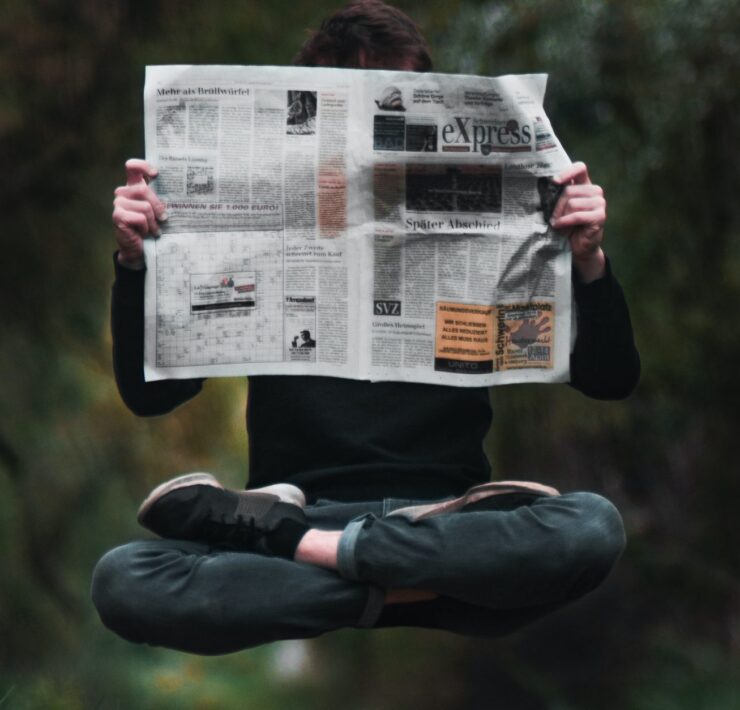Decriminalize Denver’s Push to Pass Magic Healing Mushrooms

Intersectionality, accessibility, and squashing the sexist, patriarchal norms through queer…
Shall the voters of the City and County of Denver adopt an ordinance that would make the personal use and possession of psilocybin mushrooms the city’s lowest law-enforcement priority? This question will arise as Initiative 301 on the upcoming ballot in the city of Denver on May 7, potentially granting the Mile High City another first in the national wave of decriminalization. But what exactly does this initiative mean, and what are the potential impacts?
Psilocybin mushrooms, better known as magic mushrooms (or simply shrooms), have been a controversial and illegal substance in America since the 1960s. However, they have long existed before the Age of Aquarius; their use has been documented in religious rituals and medicinal purposes dating back to the 16th century.
Known for their hallucinogenic and spirituality-enhancing response in the human brain, popularity of mushrooms grew during the late 1950s, and clinicians worldwide began to study the effects of psilocybin during sessions of psychedelic psychotherapy. With its low toxicity and harm potential, the benefits seemed to outweigh the costs. However, after the infamous War on Drugs hit, psilocybin was classified as a Schedule I drug in 1970, and all clinical trials and testing were halted.
Schedule I drugs are considered illicit drugs that possess no known therapeutic benefit; they are substances with high potential for abuse, not acceptable for medicinal purposes, and there is a heavy discouragement for safe usage under medical supervision. Other Schedule I drugs include heroin and quaaludes, and possession of Schedule I drugs can result in a felony charge.

However, we already know that the Schedule I classification doesn’t always hold up to real-life experiences. Cannabis is also still a Schedule I drug on the federal level, even though no one has ever died of a cannabis overdose, and legalization in several states has led to a healthy medical industry and responsible recreational use.
Decriminalize Denver, an organization that has turned more than 8,000 signatures to the City of Denver, feels that mushrooms, like cannabis, are wrongly classified as Schedule I and would like to see their status change eventually.
“When we think about the kinds of things that are actually legal in this country today, products pumped full of sugar, alcoholic beverages, pharmaceuticals, chemicals, we don’t think, ‘Wow, these things are saving lives,'” said Richard William Guerra, associate publisher of Sensi magazine and a local advocate for mushroom legalization. “These aren’t things that are changing the structure of people’s mental capacity or making their bodies heal; we think of destruction.”
As a psilocybin activist and the associate publisher of a cannabis lifestyle magazine, Guerra is working alongside dozens of individuals within Decriminalize Denver in the push to remove the harsh restrictions on mushroom possession and consumption.
“Being a part of this growing organization that is Sensi, I’ve been able to work within an organization that is, at its heart, normalizing and de-stigmatizing the use of plant medicine. So, I developed a purpose in that regard,” he said.
Guerra does admit that while cannabis has played its part in people being concerned about misuse and illegal trafficking, psilocybin plays a very different role in society.
“The general public just doesn’t hear stories or experience situations where psilocybin is the reason for why there is crime, or why somebody is driving erratically and why somebody got killed on the highway. It just isn’t a part of those narratives,” Guerra said. “For the most part, the general public is not looking to buy a bunch of psilocybin.”
Surprisingly, there isn’t a ton of pushback from lawmakers or drug antagonists on the notion of decriminalization, and that could be because mushrooms are simply not associated with violent crimes or incidents of assault. Typically, any sort of recoil on the subject is mostly due to a personally negative experience, aka a “bad trip.”

“I, personally, was really ignorant to it early on; my intention was to take a lot of it to have a trip and have a good time; that is not so great of a decision for an individual,” Guerra said.
“Everybody’s affected differently by this plant medicine, and now, all these years later, my wisdom has come to show me that it should be revered, and that we should really just take enough to get to the healing we want.”
Healing from psilocybin has been documented and studied over the last 10 years by researchers, and the results of these findings are rather undeniable. They have found that through these psychedelics, activation of serotonin receptors in the brain provide significant relief to sufferers of PTSD, depression, and anxiety.
A study in 2006, led by the National Institute of Drug Abuse, stated that 79 percent of participants reported moderately to greatly increased life satisfaction and a sense of well-being. Although 13 percent reported that dysphoria, an experience of fear, or a “bad trip,” existed for the duration of the session, none of them reported lasting negative effects, and not one participant reported having a lasting negative effect on their well-being.
So, where does the fear come from, and why such harsh restrictions and punishments around a hallucinogenic plant? When laws exist, such as regulations and limits, and education around dosage and expectations can be given, can there truly be a downside to lowering the penalties with these magical mushrooms?

“We need to do some research, like we have with cannabis. We should establish a mushroom review panel to assess and report on the effects of this law,” Guerra said. “This framework doesn’t have selling legalities, so we’re not talking about a recreational legal market; it’s just in a medicinal setting.”
Apart from healing, Guerra also believes that the mushroom movement could offer major benefits to citizens, and society as a whole, by opening up the hearts and minds of individuals through the psychedelic realm in a decriminalized society.
“I think that there’s a call and a push for plant medicines and ceremonial psychedelics in general, for more people to have access to that and not be afraid of prosecution,” he said. “We can watch people be a lot happier and nicer to each other, understand each other a lot better.”
“There would be a whole lot less division and fighting; it’s one of those potential lights of hope where so many of us are not really seeing a lot of that. That’s the kind of thing we can all agree that needs to happen immediately.”
So, shall the voters of the City and County of Denver adopt an ordinance that would make the personal use and possession of psilocybin mushrooms the city’s lowest law-enforcement priority? We shall see on May 7.
What's Your Reaction?
Intersectionality, accessibility, and squashing the sexist, patriarchal norms through queer pearls of wishful wisdom.










